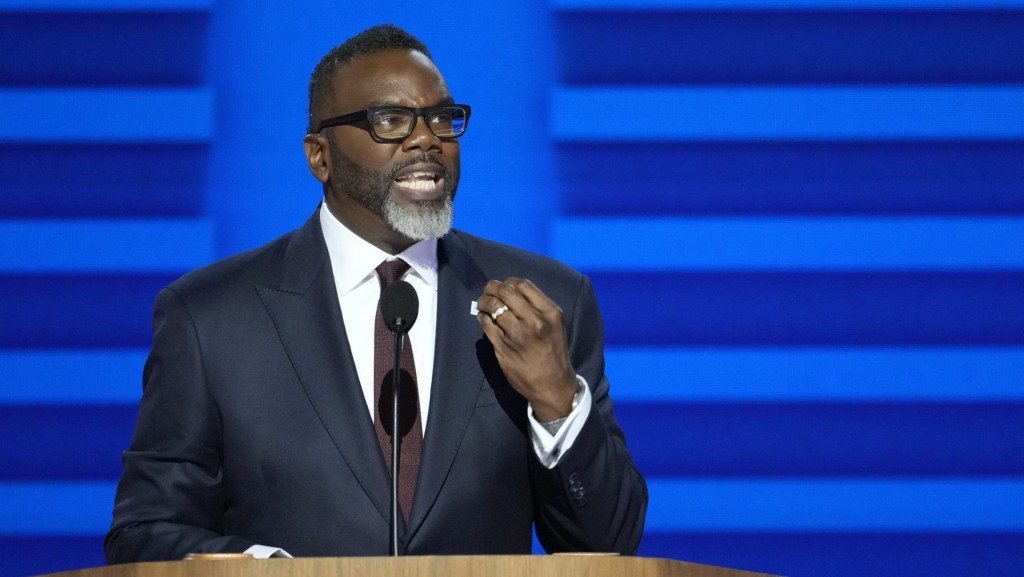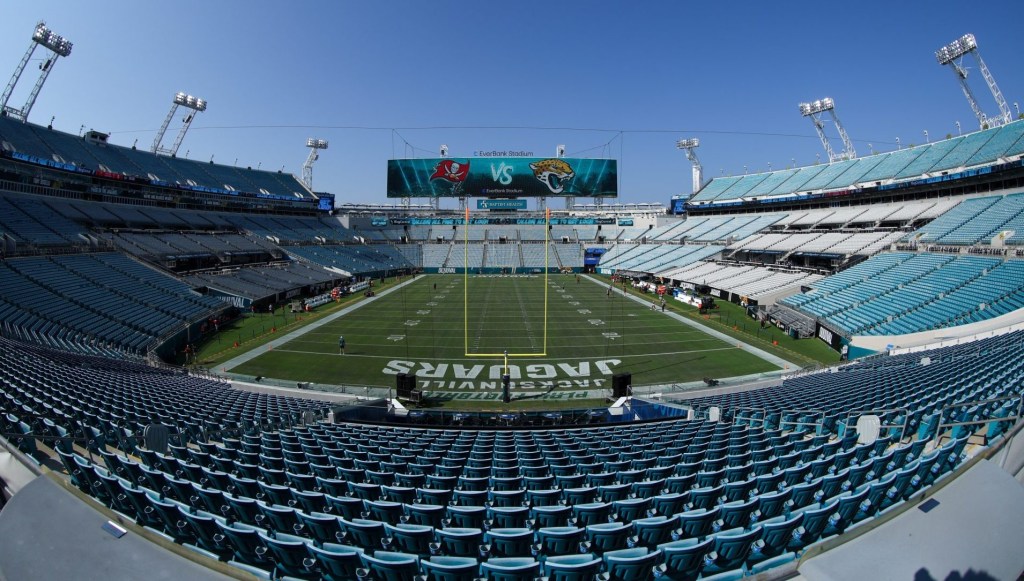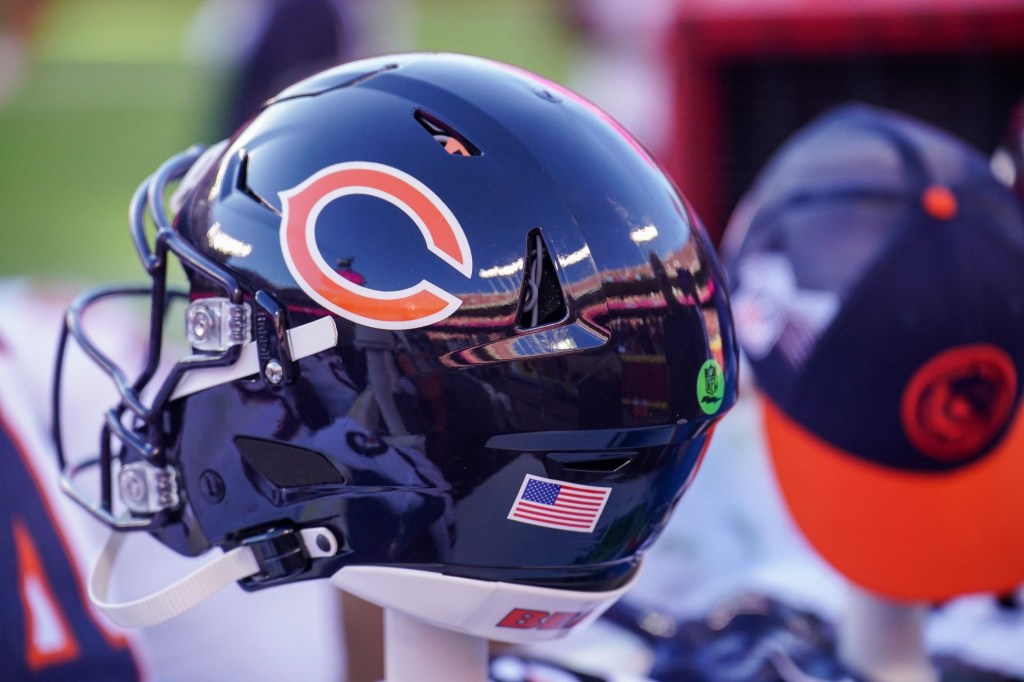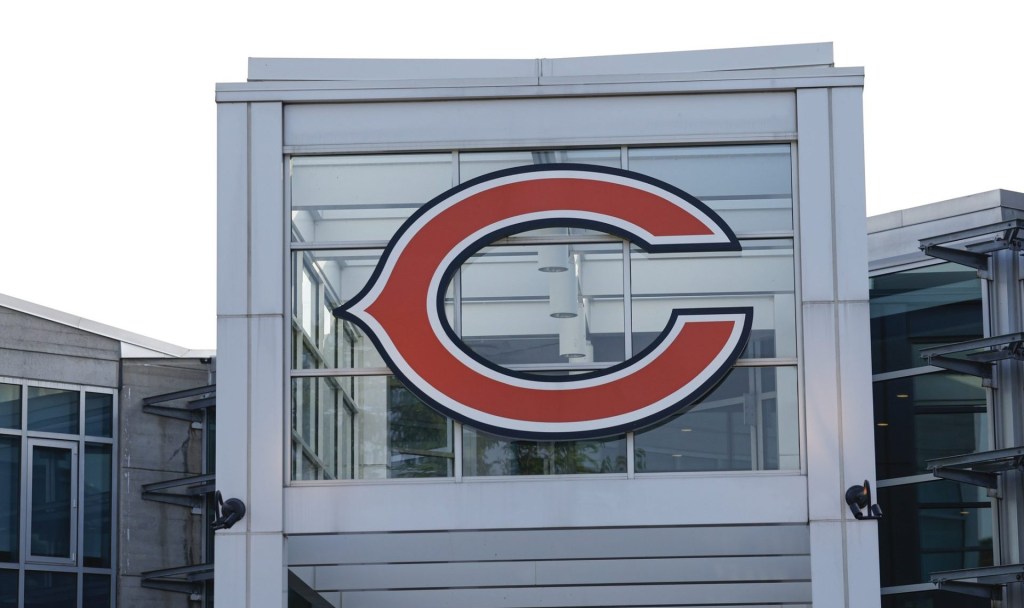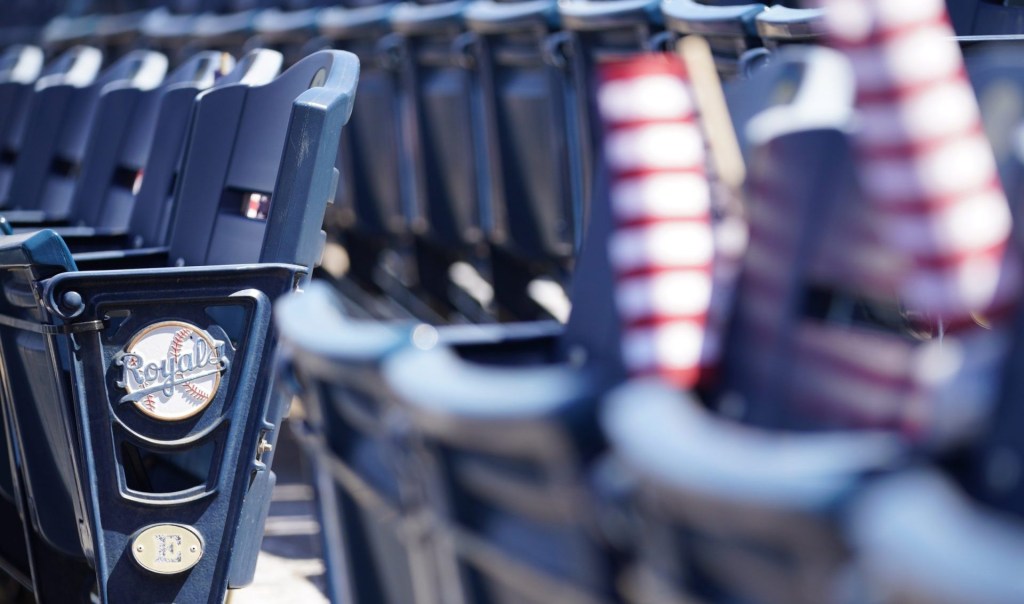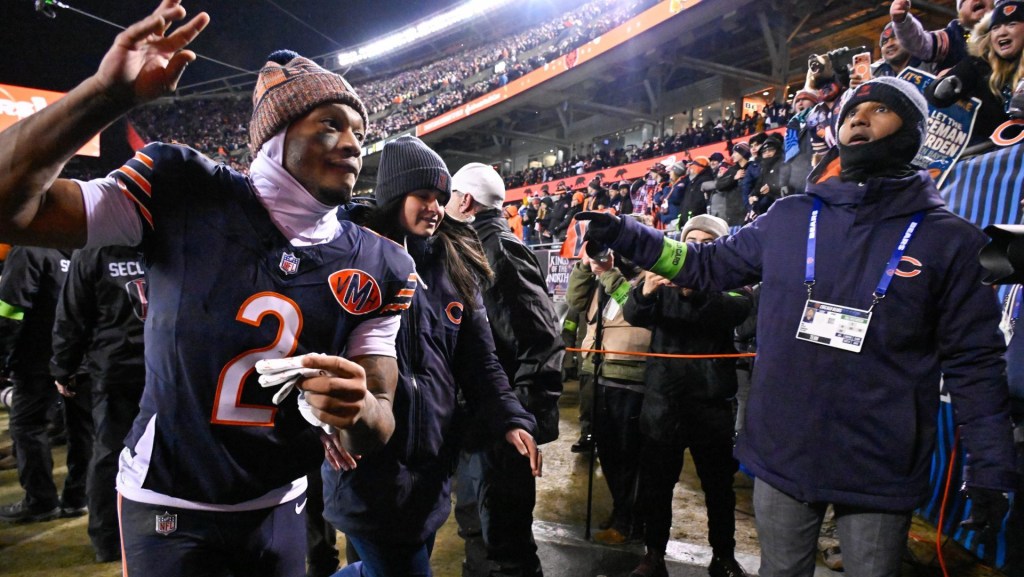The Bears know a thing or two about timing and are set to make a big announcement a day before Thursday’s NFL draft, where they hold the No. 1 pick.
Chicago is advancing its efforts to build a lakefront stadium just south of Soldier Field (above), showing some initial progress in the face of opposition to the team’s plans.
The NFL team has called a Wednesday press conference to detail its plans for a “state-of-the-art, publicly owned enclosed stadium” on the city’s Museum Campus near Lake Michigan. The move builds materially on the Bears’ announced intent last month to stay in the city of Chicago after a lengthy tour of alternate options across the area suburbs.
Reading Between the Lines
Like any other stadium project, there is still a very long way to go between an event like this press conference and an actual opening. But this latest step does show the depth of the Bears’ desire to hone in on this particular location after initial resistance surfaced from two local preservation groups as well as in Arlington Heights, where the Bears previously intended to build the stadium.
And also like many other stadium developments, there are still significant questions about financing of the Bears’ project. The venue itself is projected to cost between $2.5 billion and $3 billion, with perhaps another $1 billion going toward roads and infrastructure improvements. The Bears have pledged $2 billion toward the effort. There have been talks about a potential “financing partnership” with the White Sox in which both teams would take a more collaborative approach to help ensure their respective efforts to build new stadiums get done.
But how that remaining funding gap is filled, presumably with some form of taxpayer assistance, will be a critical factor—particularly given that there is no deal in place with either the city of Chicago or the state of Illinois.
“If we’re going to build 21st-century stadiums, we have to make sure that that investment is activating the entire city of Chicago, and these conversations, particularly with the Bears, have been quite positive,” Chicago mayor Brandon Johnson said last week. “I appreciate the leadership of [team president] Kevin Warren. … But no, we have not made any commitments to any new forms of revenue.”
The Bears’ stadium saga remains one of the most closely watched issues across the NFL, as well as the rest of the sports industry. Despite being the country’s third-largest media market, Chicago, for years, has been shut out of hosting major events such as the Super Bowl and Final Four, as it does not have a large-scale domed stadium.
South Side Shift
The White Sox, meanwhile, are facing some resistance in their efforts to build a successor facility to Guaranteed Rate Field, and do so closer to downtown Chicago. Johnson recently vetoed an idea of using the city’s amusement tax for either the Bears’ stadium project or the one advanced by White Sox owner Jerry Reinsdorf, and added that the MLB team owner needs to “put some skin in the game.”
To that end, Crain’s Chicago Business reported that Reinsdorf is prepared to pay at least $200 million toward the project. But with initial cost estimates for the White Sox stadium hovering around $1.2 billion—a figure likely to escalate—a significant funding gap remains there, too.
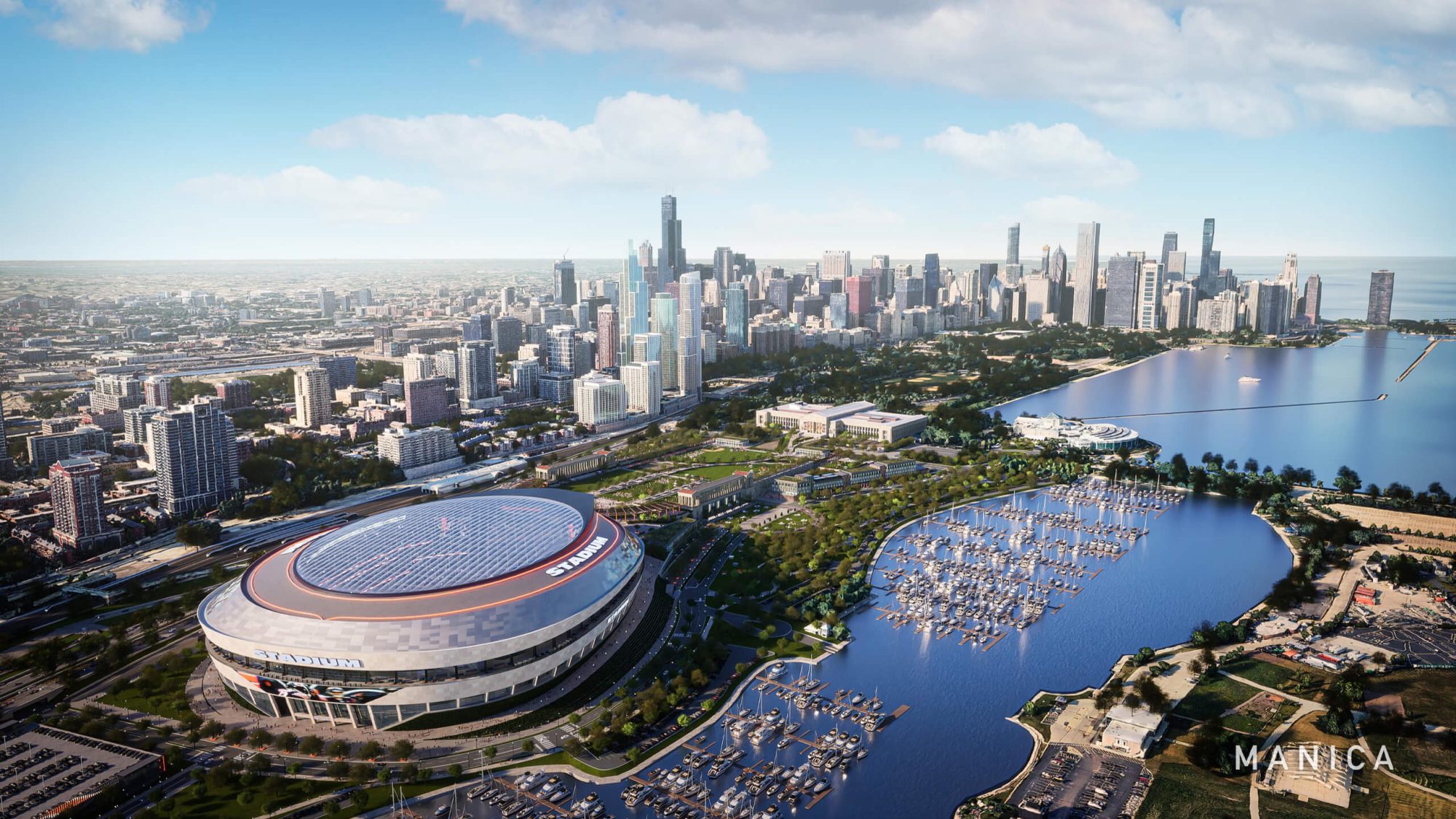
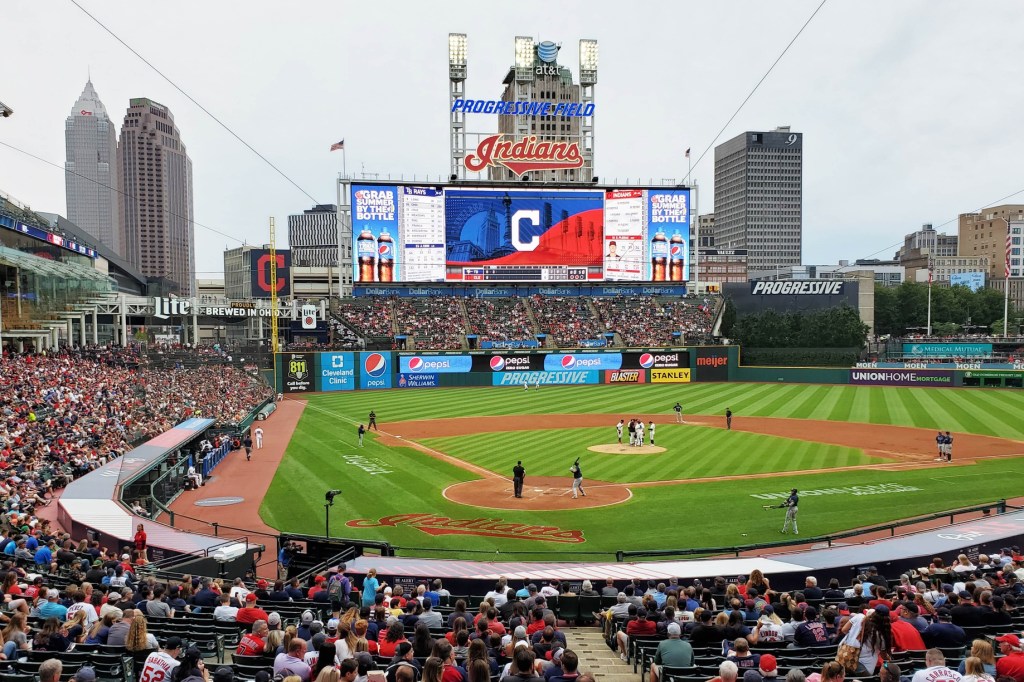
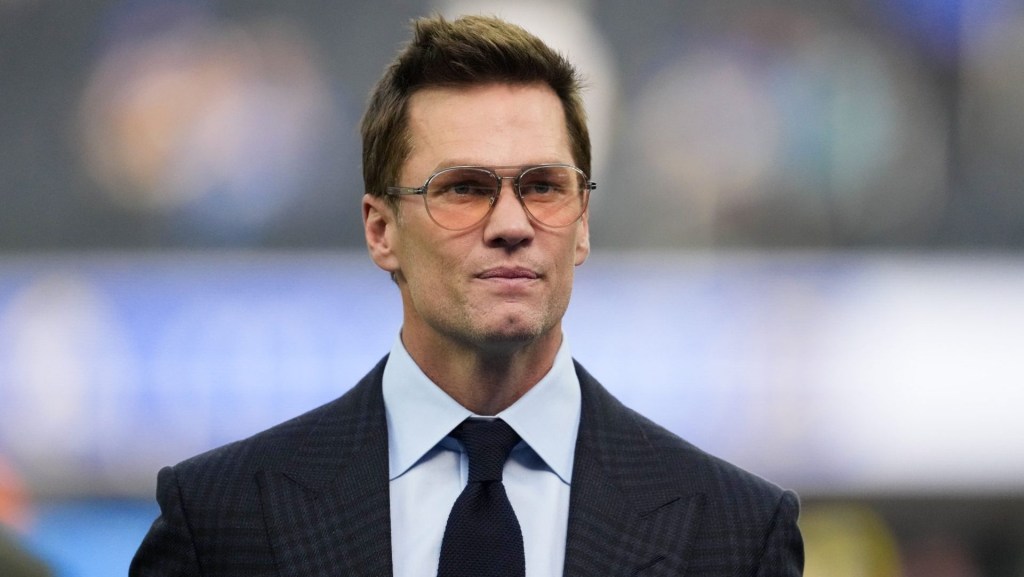




![[Subscription Customers Only] Jun 15, 2025; Seattle, Washington, USA; Botafogo owner John Textor inside the stadium before the match during a group stage match of the 2025 FIFA Club World Cup at Lumen Field.](https://frontofficesports.com/wp-content/uploads/2026/02/USATSI_26465842_168416386_lowres-scaled.jpg?quality=100&w=1024)
![[Subscription Customers Only] Jul 13, 2025; East Rutherford, New Jersey, USA; Chelsea FC midfielder Cole Palmer (10) celebrates winning the final of the 2025 FIFA Club World Cup at MetLife Stadium](https://frontofficesports.com/wp-content/uploads/2026/02/USATSI_26636703-scaled-e1770932227605.jpg?quality=100&w=1024)
